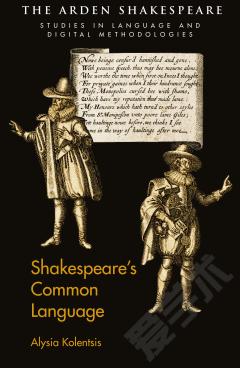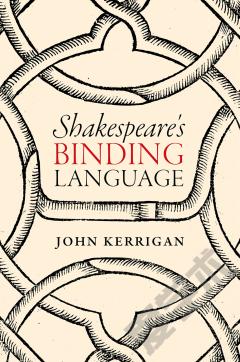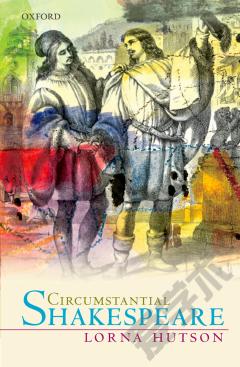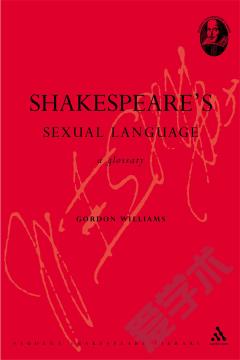Shakespeare’s Common Language
What can developments in contemporary linguistics and language theory reveal about Shakespeare's language in the plays? Shakespeare's Common Language demonstrates how methods borrowed from language criticism can illuminate the surprising expressive force of Shakespeare's common words. With chapters focused on different approaches based in language theory, the book analyses language change in Coriolanus; discourse analysis in Troilus and Cressida; pragmatics in Richard II; and various aspects of grammar in As You Like It. In mapping the tools of linguistics and language theory onto the study of literature, and employing finely-grained close readings of dialogue, Shakespeare's Common Language frames a methodology that offers a fresh approach to reading dramatic language.
{{comment.content}}








 京公网安备 11010802027623号
京公网安备 11010802027623号